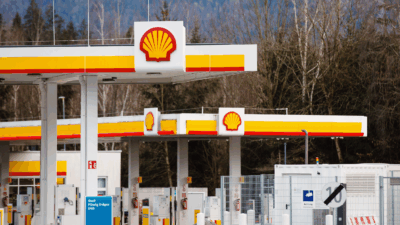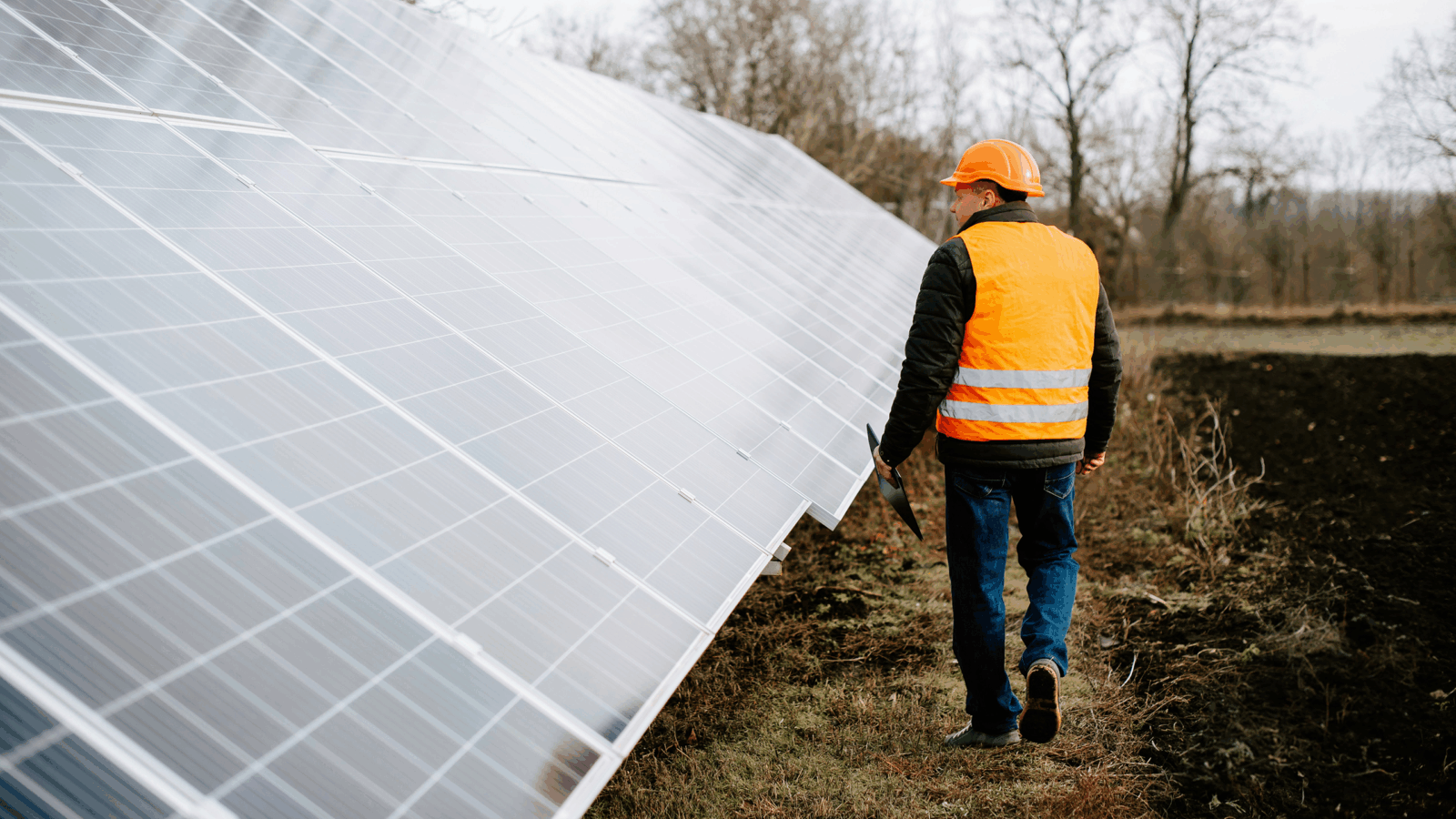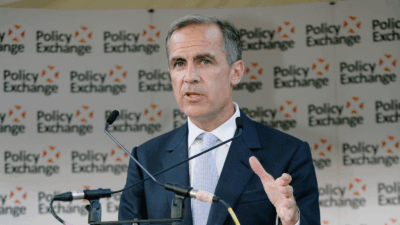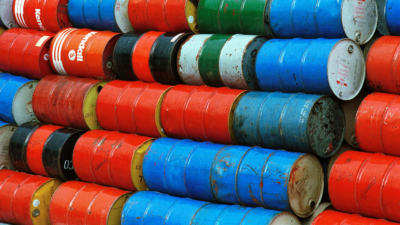OPEC+ Is Losing Market Share as Oil Demand Starts to Slip
OPEC+ now controls just 51% of the global oil market, good for the smallest share since the group’s creation in 2016.

Sign up for smart news, insights, and analysis on the biggest financial stories of the day.
You think it’s easy being OPEC+?
The group controls just 51% of the global oil market — the smallest share since its creation in 2016 — driven by both slow demand growth and the record-high output from competing nations, according to the International Energy Agency. You call that a cartel? That’s a snack for Alphabet and Meta.
Cut It Out
OPEC+, which comprises mostly Middle Eastern and African nations as well as a few others like Mexico and Brunei, has tried increasing the price of oil this year via voluntary production cuts. But despite members Russia and Saudi Arabia slashing 1 million barrels per day of production since the spring, the per-barrel price mostly spent the year hovering between $75 and $85, and it’s been on a straight decline for the past two months to around $71.
And with OPEC+’s diminishing supply, it was inevitable that other producing countries would be incentivized to fill in the gaps — like the US. Despite President Biden’s bullishness on clean energy, the US is drilling more than it ever has, with the IEA saying that it was responsible for two-thirds of the production increase from non-OPEC+ countries in 2023. By September, US oil companies were pumping out more than 20 million barrels a day, while Brazil (joining OPEC+ next year) and Guyana hit record high production levels, too.
However, stepped-up supply can become oversupply in hurry, and the IEA said evidence of a slowdown in oil demand is mounting:
- Europe’s oil demand is expected to be particularly soft amid its manufacturing and industrial slump. And don’t forget electric vehicles — as adoption rates continue to grow, oil consumption will curb.
- Many nations’ are tightening their efficiency standards, and at this year’s COP28 climate summit, nearly 200 countries agreed to begin reducing global consumption of fossil fuels to limit climate change.
Decisions, Decisions: Whether the nations at COP28 follow through on using less fossil fuels is far from a given. The IEA says if the world is to reach its climate goals, oil companies would have to take half of the $800 billion they invest into fossil fuels each year and spend it on renewable energy projects. Right now, those companies are spending just 2.5% of their capital on green power. “Clean energy progress will continue with or without oil and gas producers,” IEA Executive Director Fatih Birol said. “However, the journey to net zero emissions will be more costly, and harder to navigate, if the sector is not on board.”











